Marketing
8 Ways to Create Highly Engaging Newsletters in 2024
Ekta Swarnkar
11/24/2023
0 min read
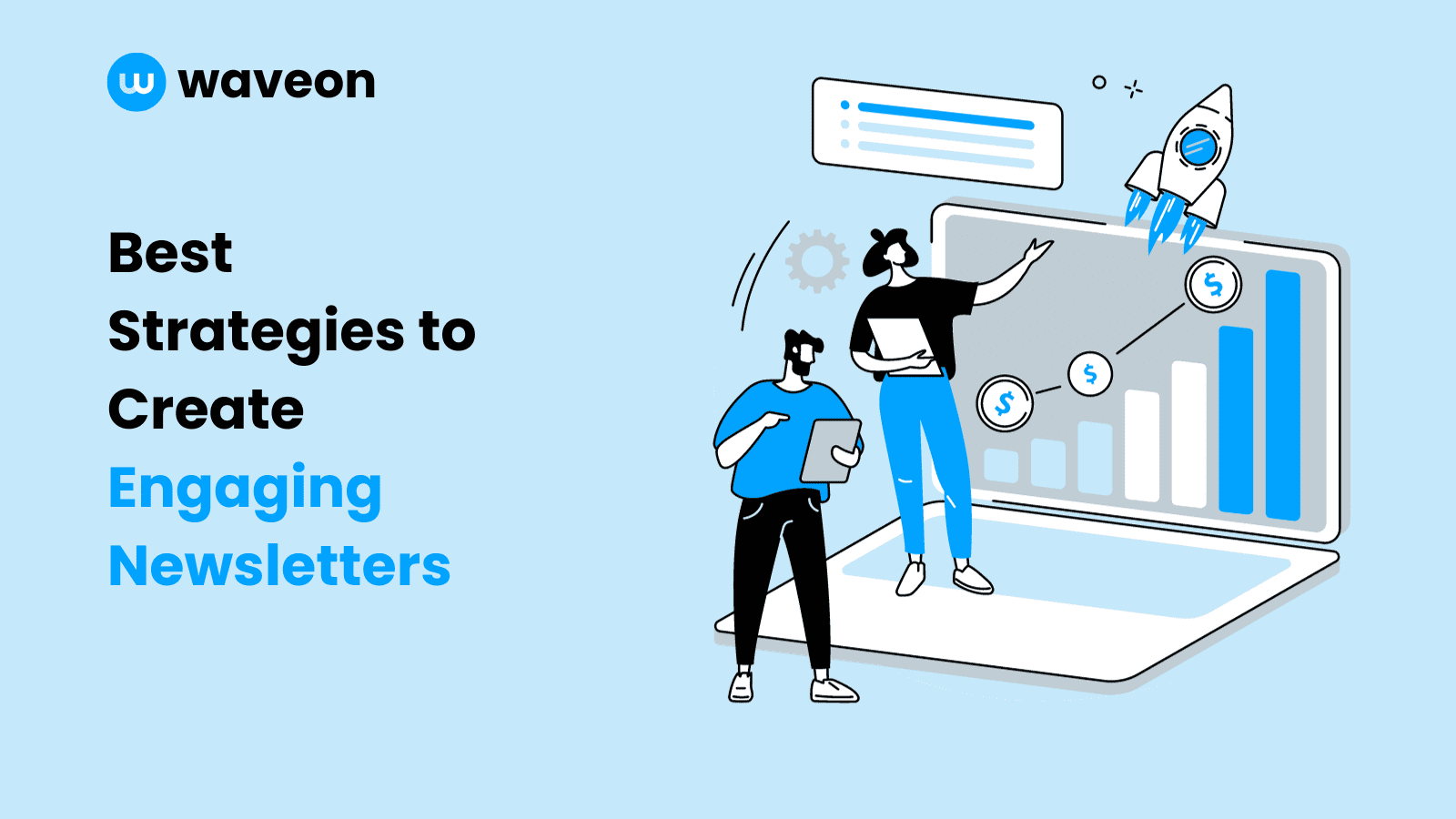
Writing a newsletter is time-consuming, and when it gets low engagement — it’s heart-breaking.
Why is no one opening my newsletters? And if people are opening up but not engaging, what could be the reason? These thoughts start haunting you.
Considering that your newsletter topic is not an issue, there still can be many reasons your newsletters are unappealing. Maybe you’re not structuring well. Or is it because of your subject lines? Are you adding clear CTAs? If not, then is it your writing?
I analyzed best-performing newsletters and found the key elements that make them effective. Below, you’ll discover proven ways, with examples, to make your newsletter more engaging.
8 best methods to make newsletters more effective
When used well, newsletters can be the best ROI-producing marketing strategy. With consistent testing and tracking, you can also send effective newsletters. But what should you test?
Here are the key elements you should include in your newsletters and test with your audience:
1. Add interactive elements
In school, which class did you enjoy the most:
A silent class where only the teacher was speaking
Or an interactive class where the teacher asked questions, and the entire class participated.
The second one, right?
Passive listening is dull, but active participation is engaging. That’s the same reason why you skip reading the manual before playing a new game.
So, why do newsletters have to be boring when you can gamify the experience?
To engage your audience, you can add interactive elements like surveys, quizzes, polls, event invitations, and product catalogs. For example, if you want to segment your subscribers, send a survey like Vimeo.
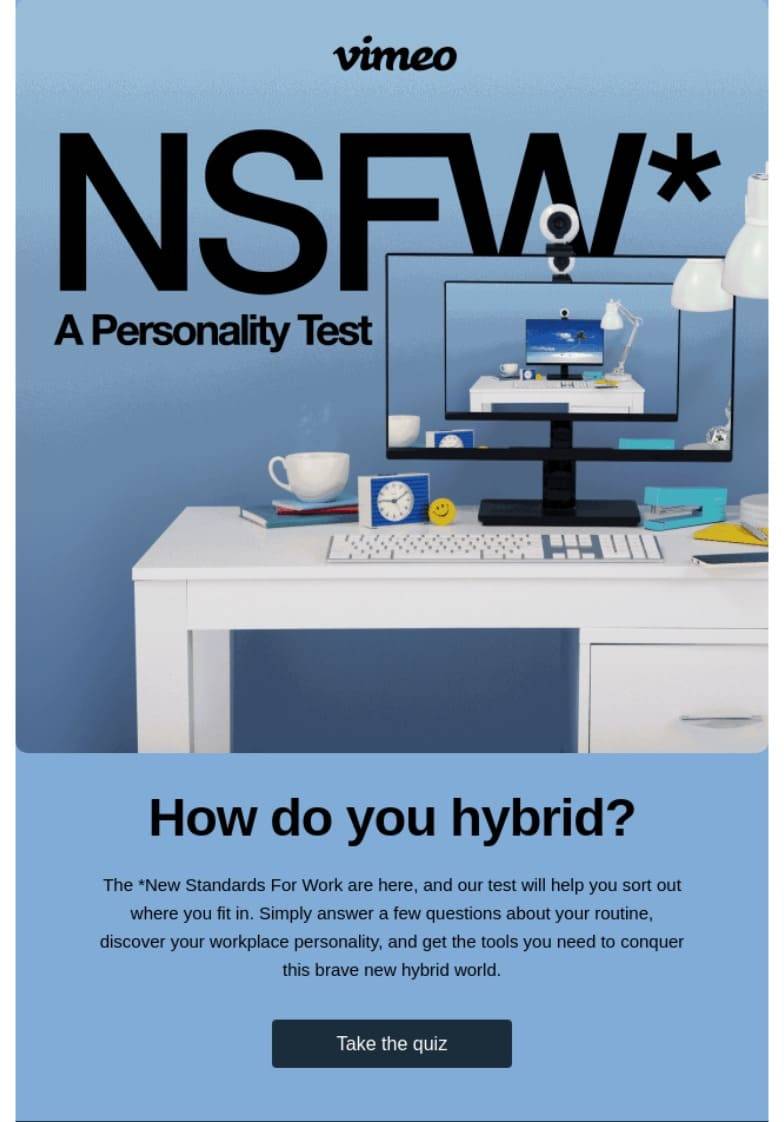
Or give your customers coupon codes or special discounts to get them to click on the purchase links. See how Guitar Center does this:
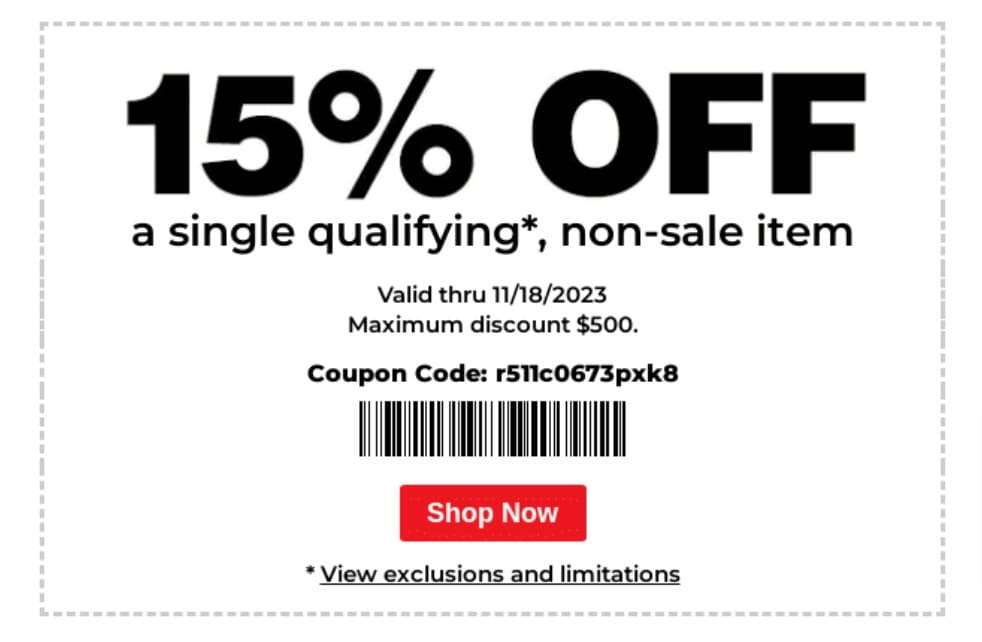
Adding interactive elements to your newsletters is a no-brainer way to revive a dead newsletter. How effective are interactive elements? Garden Fresh launched Soulplantation and used interactive features in emails to increase its website traffic by 906%.
2. Add visuals, GIFs, memes, and videos
Unless you’re a bookaholic, I'm sure you’d choose to watch a movie over reading a book. That’s how our brains are wired — we remember (and enjoy) 95% video content and only 10% text content.
So, if you’re not using videos or even GIFs and images in newsletters, it can be a reason you aren’t getting any engagement.
Look, people don’t want to be bored, and no matter how interesting your text content is, if it’s plain — people will see it as nothing but a black-and-white wall of text.
GIFs, images, memes, and videos add more meaning to your words. And you love it when you find a relevant GIF matching the context:

Another way is to get creative. For example, if you discover that a part of your audience is a dog lover, use pup-themed GIFs to get some sales.
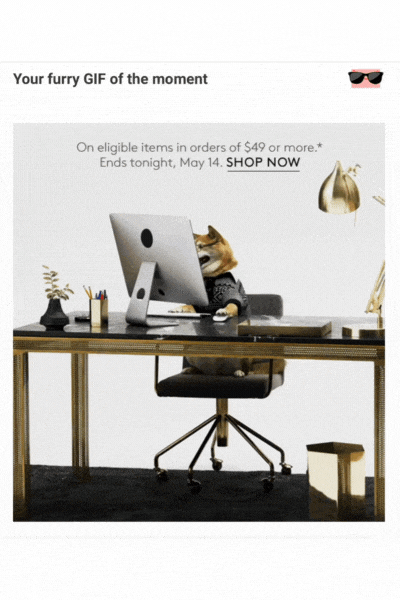
3. Feature your audience
Imagine who’s your favorite person. Is it a pop star? Or a business tycoon?
How would you feel if they called your name in a public meeting and thanked you for attending? Amazing, right? You’d feel over the moon. And the moment would become your day's highlight.
That’s exactly how your newsletter readers would feel if you featured them.
One reason why people subscribe to your newsletter is because they secretly admire you and your work. And if you can make them feel heard and valued, they’re more likely to return the favor.
The easiest way is to answer the questions your audience asks. It would be even better if you could include profile photos to make it more personable:
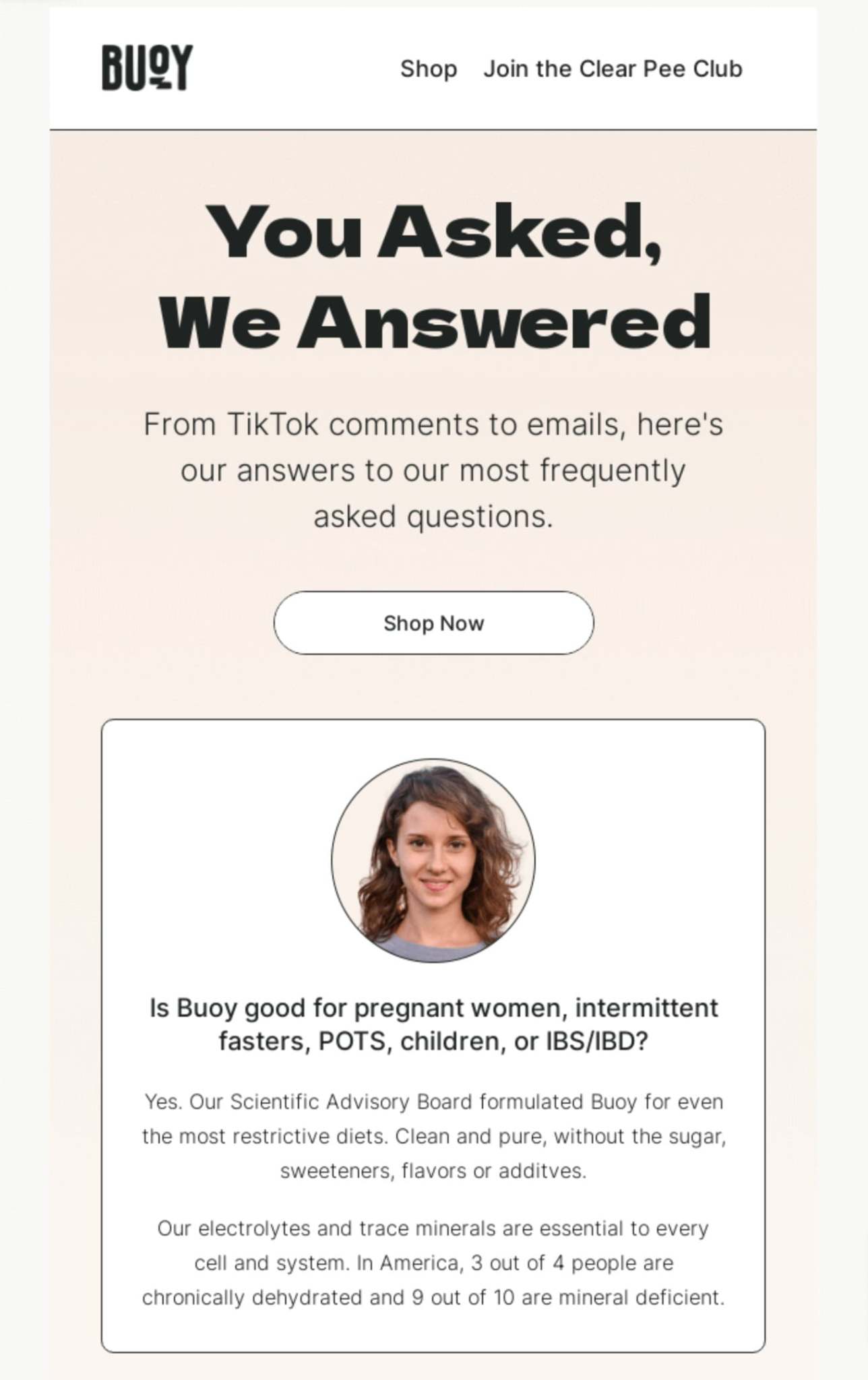
When combined with storytelling, highlighting customer success stories to get more signups can also get you more engagement. See how Sarah Greesonbach, founder of B2B Writing Insitute, shares her client success stories to get more clients:
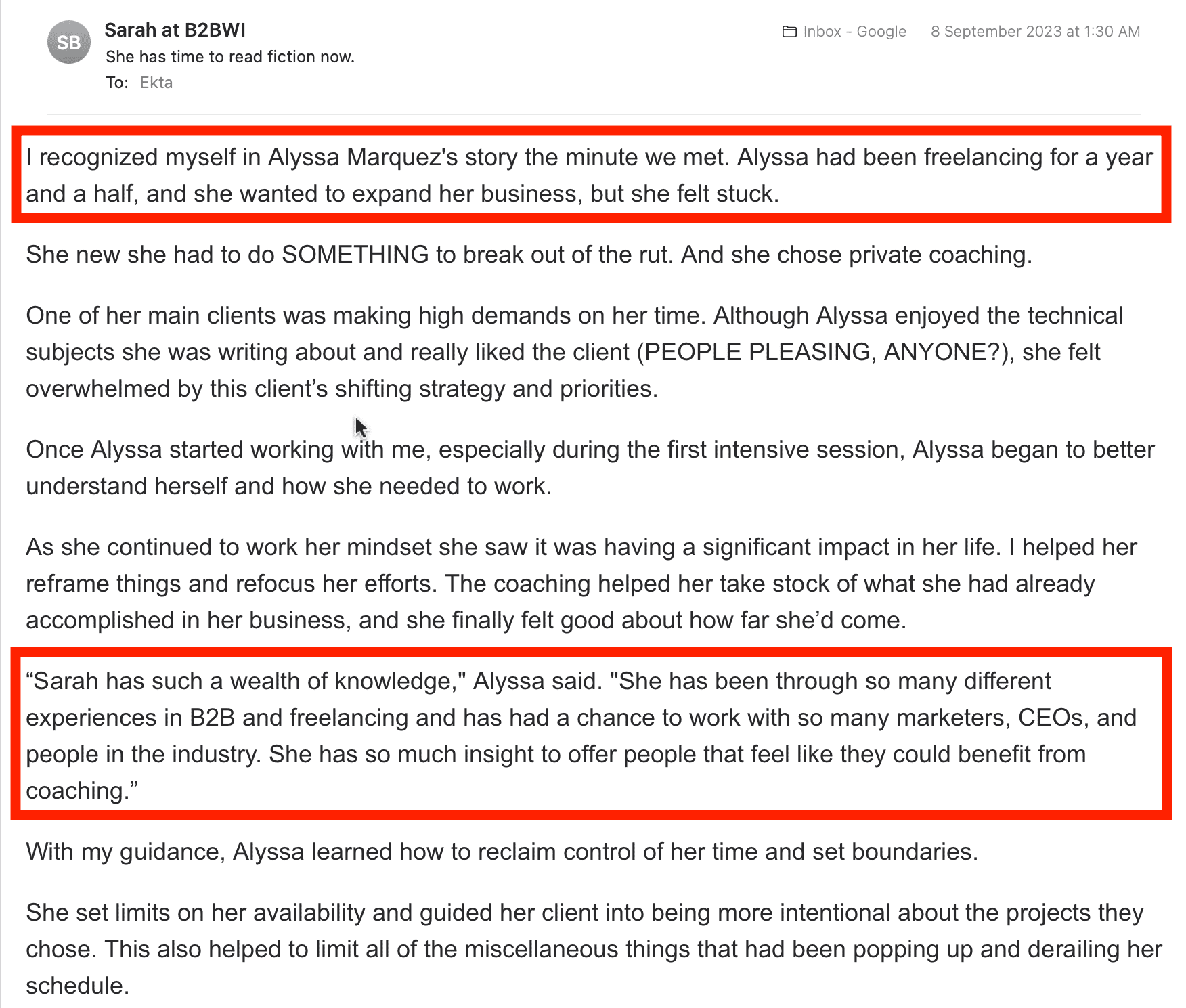
4. Ask for audience feedback and implement it
Not just featuring the audience but involving them in creating your newsletter is an incredible strategy to get them to engage with you.
So, how do you get your subscribers to engage with you? By asking them questions, requesting feedback, and getting opinions.
Just like you love a product that is constantly updated with new features based on your suggestions, subscribers love newsletters that are improved based on their feedback. They feel valued when you implement something they recommended.
My favorite example is Slack’s feedback email. If you’re an active Slack user, you’d get these survey emails regularly, and the best part is the Slack research team works on the feedback.
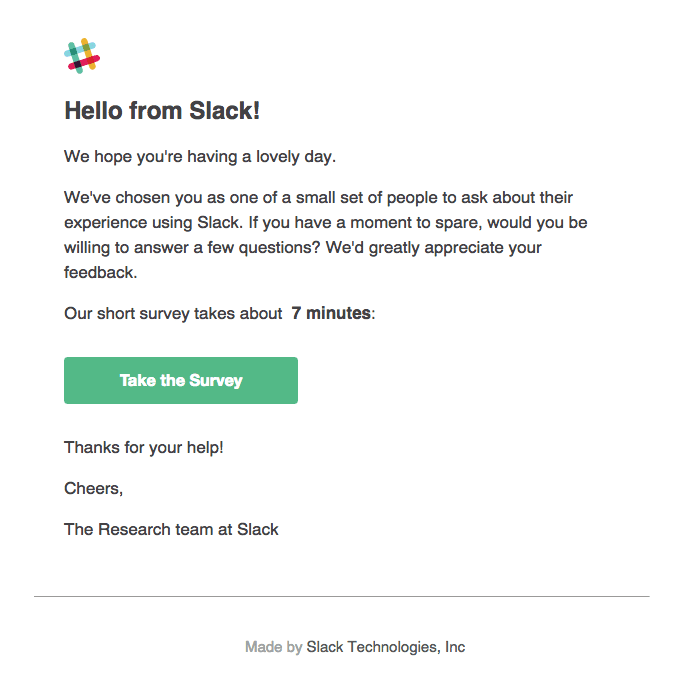
If you own an e-commerce store, you can ask for feedback on your products:
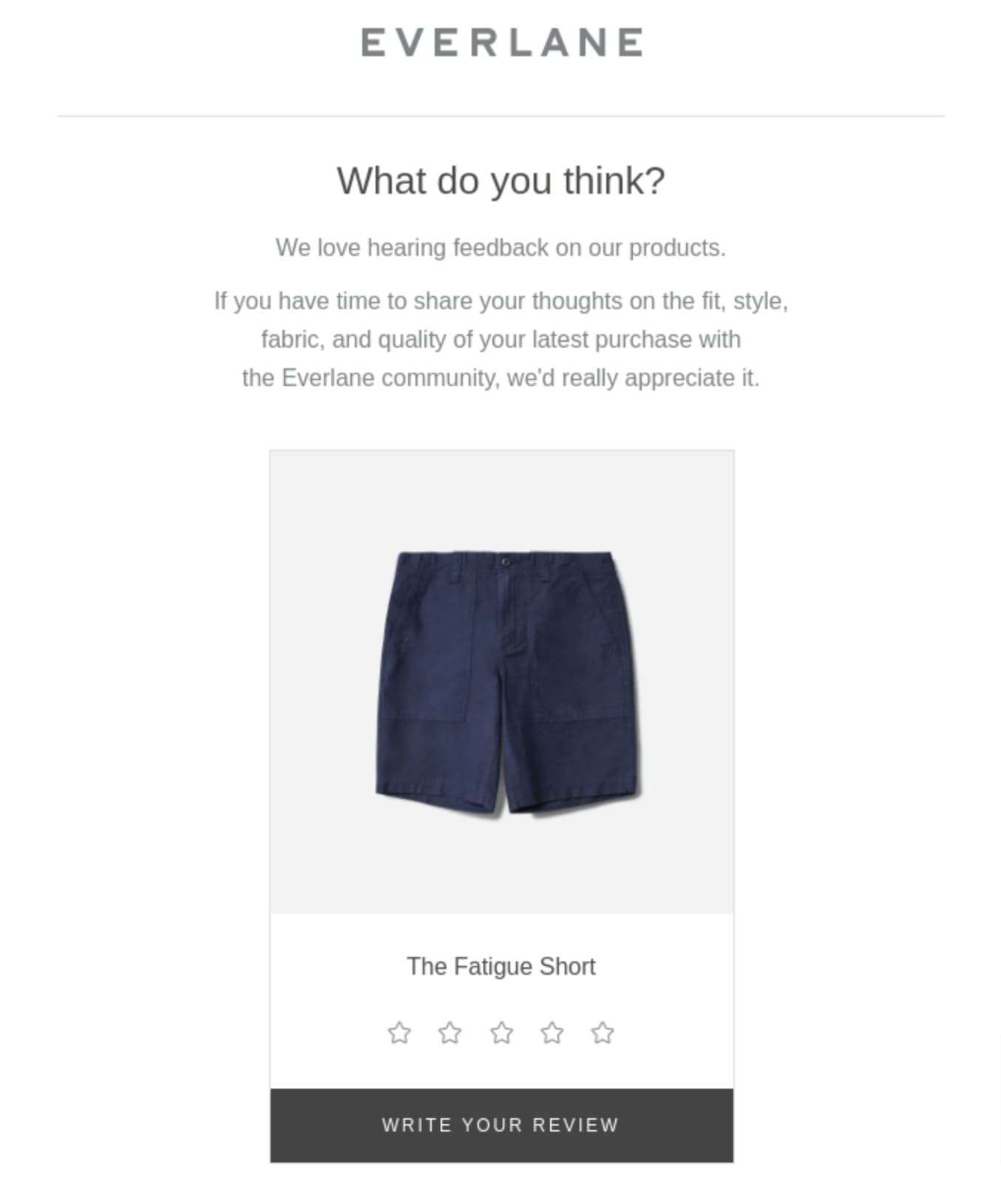
It doesn’t have to be anything fancy with product links or surveys all the time. If you want to ask for topic recommendations from your subscribers, do it the way Framer does:
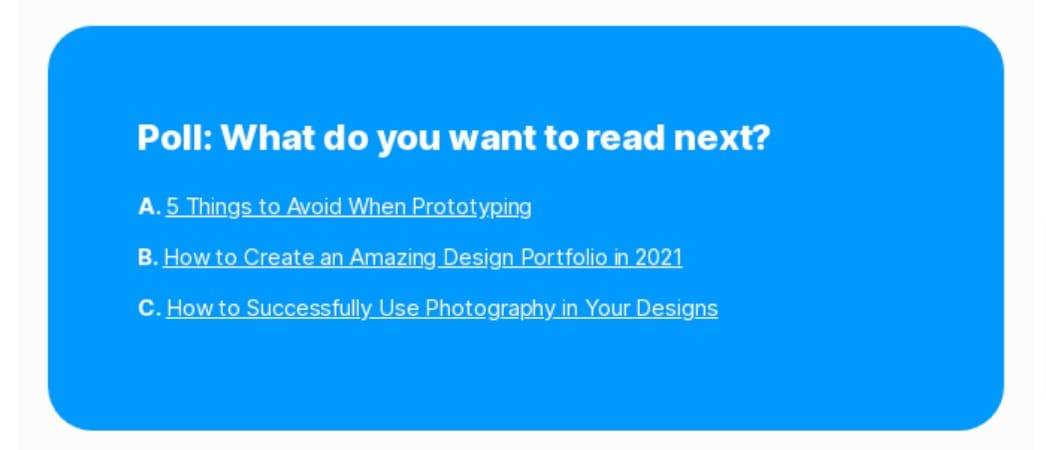
5. Master writing click-worthy subject lines
Your newsletter’s engagement can be measured only if people click on and open the subject line. So, if your email open rates are low, it’s a clear sign your subject lines are boring, and you must work on them.
People receive hundreds of emails daily. Do you think they read all of them? No. They skim through, read, and click on interesting subject lines only. So, in addition to writing engaging newsletter content, write click-worthy subject lines.
Writing engaging subject lines is easy if you understand two things:
It should either make a promise.
Or it should be curiosity-generating.
I love Jacob Mcmillen’s promising subject lines. Read it, and you’ll find each subject line promises something in the email.

Alex Cattoni is my favorite for curiosity-generating subject lines. Each subject line gives a teaser and makes you want to click and read.

Which method works for your audience? You have to figure it out using A/B split testing.
I know this is obvious, but many newsletters skip over this crucial step. Make sure your newsletters are conversational. People don’t want to read “Dear Sir/Madam” emails. Remember, people want to hear from people behind the brands — so the more personality you can add to your writing, the better.
6. Have a clear CTA
Suppose you’re taking swimming lessons, and it’s your first day. Now, you can barely do anything unless you’re told what to do. That’s because people don’t generally know what to do unless guided.
That’s exactly what a clear CTA does in any piece of content. In a newsletter, when people are done reading, they need to be told what they should do next:
Should they share it on social media?
Follow you on Twitter?
Add a comment?
Check out the product?
Read another newsletter?
Or unsubscribe?
Whatever it is, guide your readers. Don’t let them figure out things on their own if you want them to do something you like. Sarah G. always has these CTAs in her newsletters:
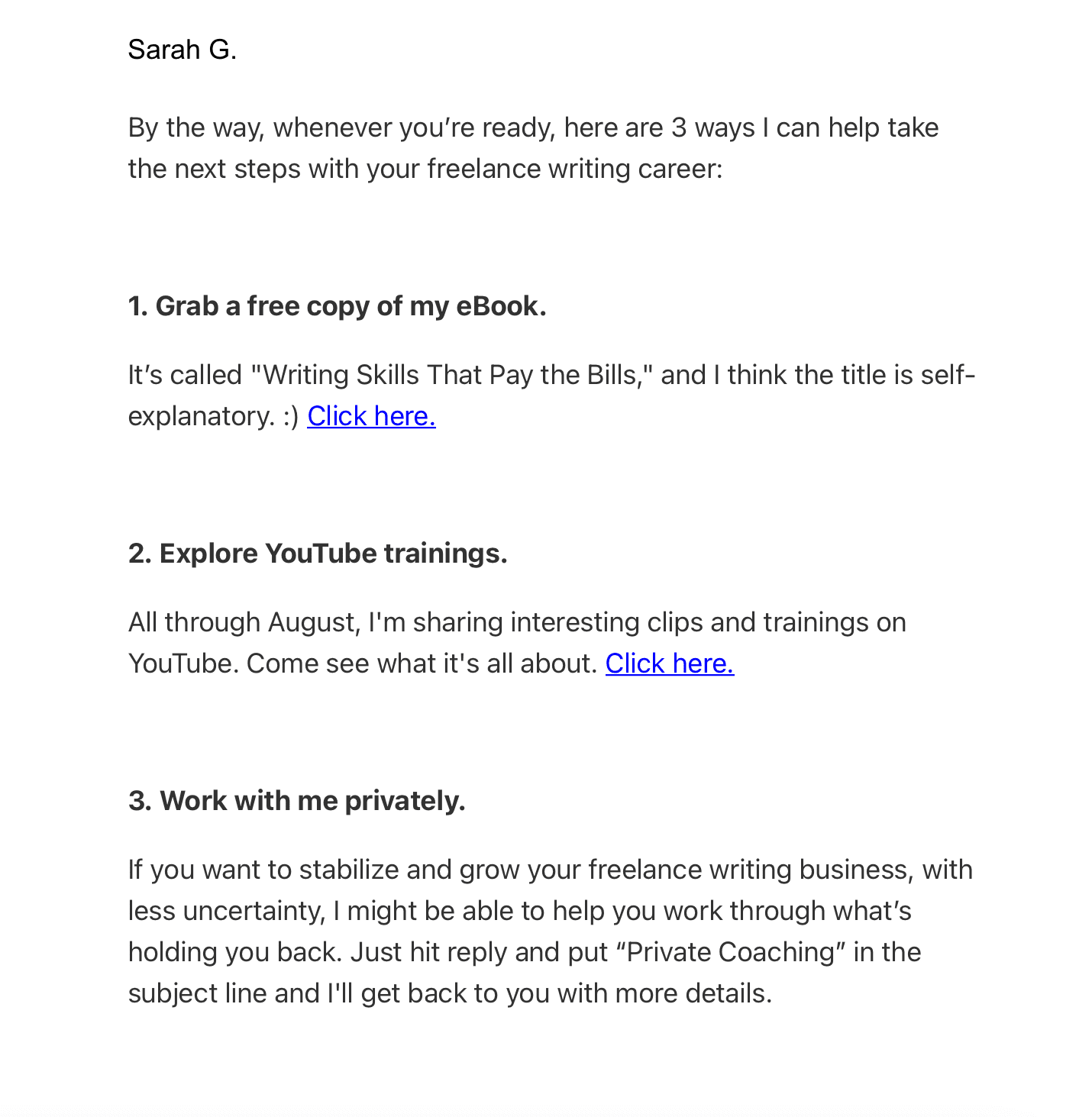
And if you’re promoting specific products, deals, or coupon codes, make sure they stand out by using creative graphics, font, and colors like this:
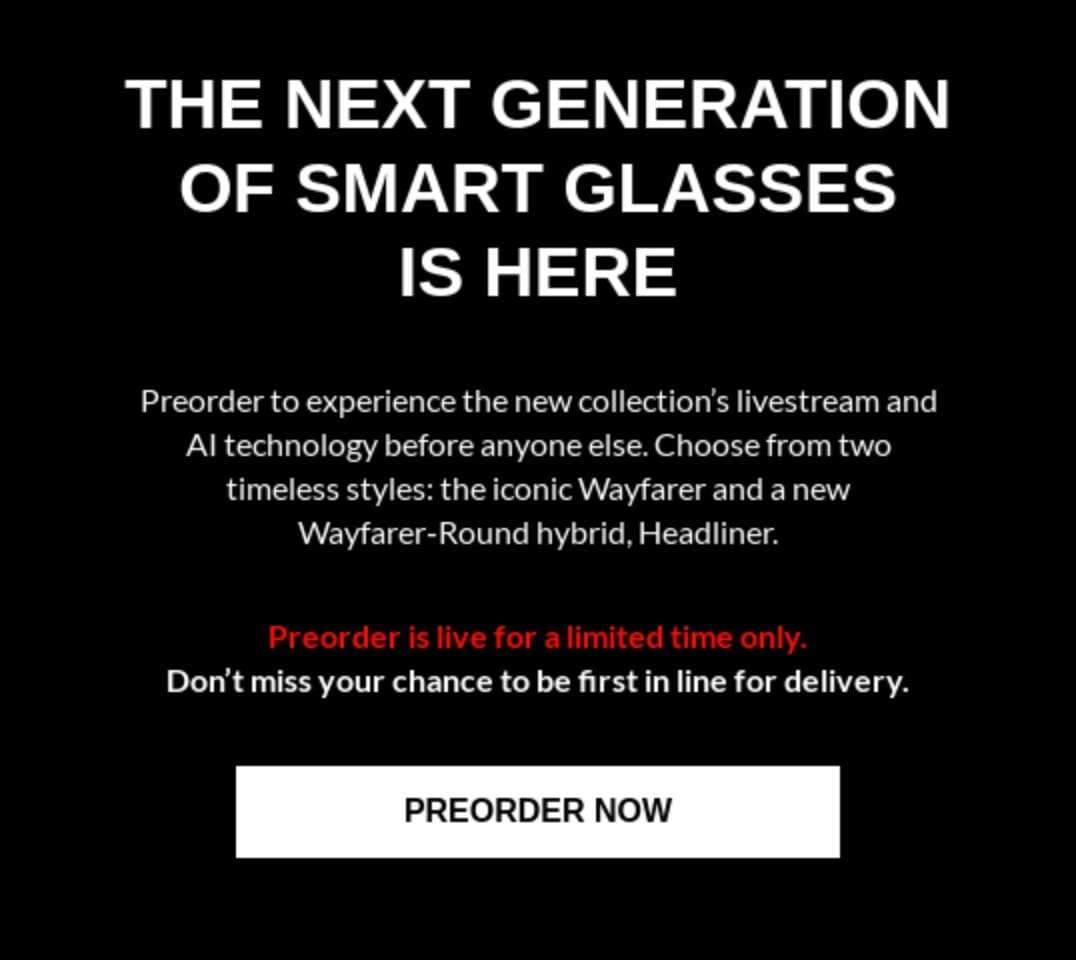
7. Give incentives for engagement
If you’ve implemented all the strategies and are also getting enough engagement but want to try something else, incentivizing your subscribers for engagement is a great technique.
How it works? You give your audience something valuable for engagement. For example, you give away a 100-point SEO checklist for free with each SEO course sale using your discount coupon.
Or you can give a 30-minute free consultation call for each new subscriber they bring to your newsletter. Here’s how Aadit Shah, the creator of Prompts Daily, incentivizes his subscribers for new members:

8. Pay attention to your newsletter structure
Suppose you opened a newsletter and you see this:

Would you read it? I won’t. And I’m sure you also won’t entertain the idea.
That’s where structuring your newsletter plays a significant role. Images, GIFs, memes, and videos help break the monotonous effect. Therefore, it’s crucial to structure your emails with a mix of text and these elements.
If you don’t want to, that’s totally fine. Using readability factors correctly is another way to structure emails creatively:
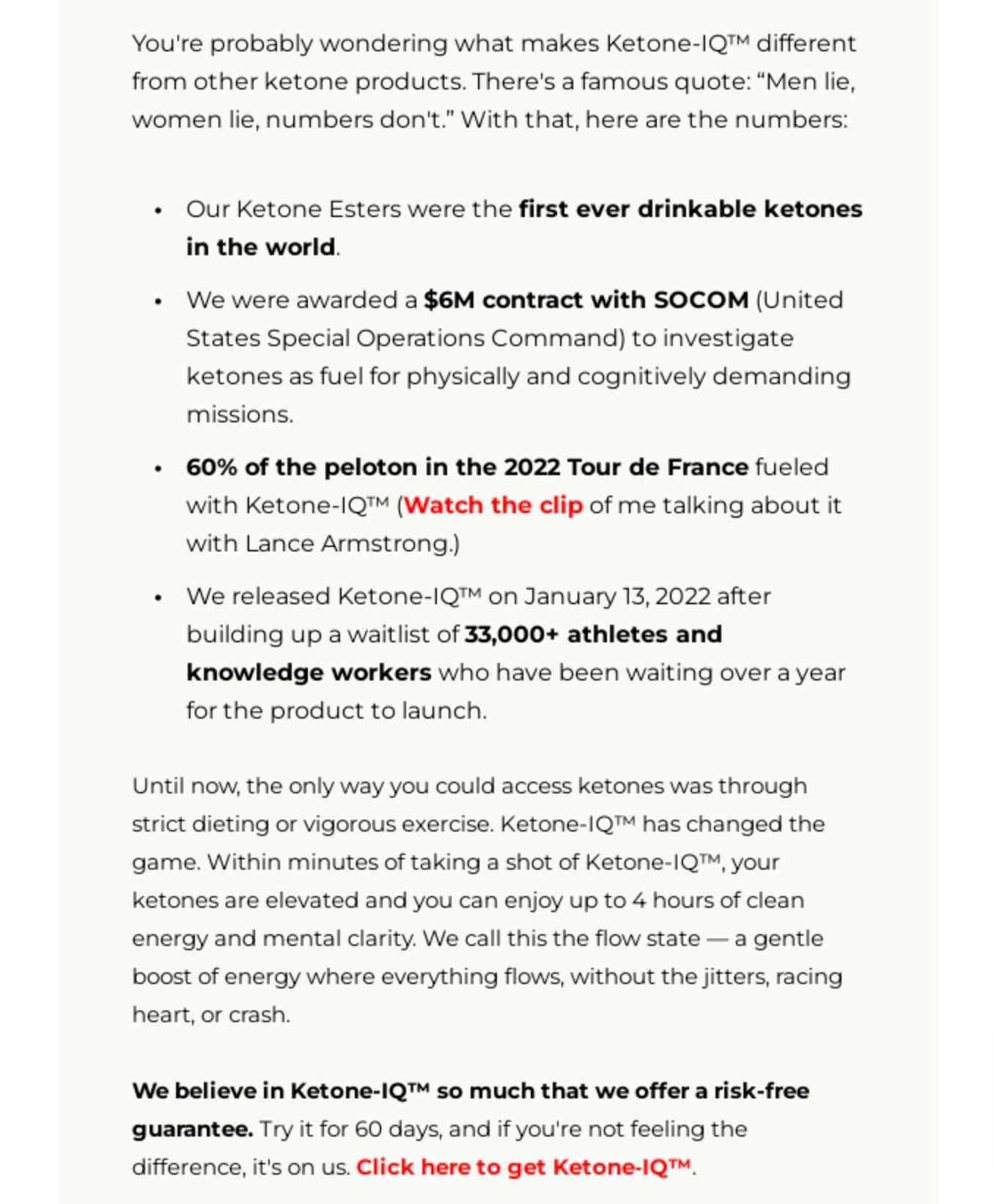
Have you heard about F-shaped reading? No, let me tell you. It means readers don’t read — they skim in an F pattern.
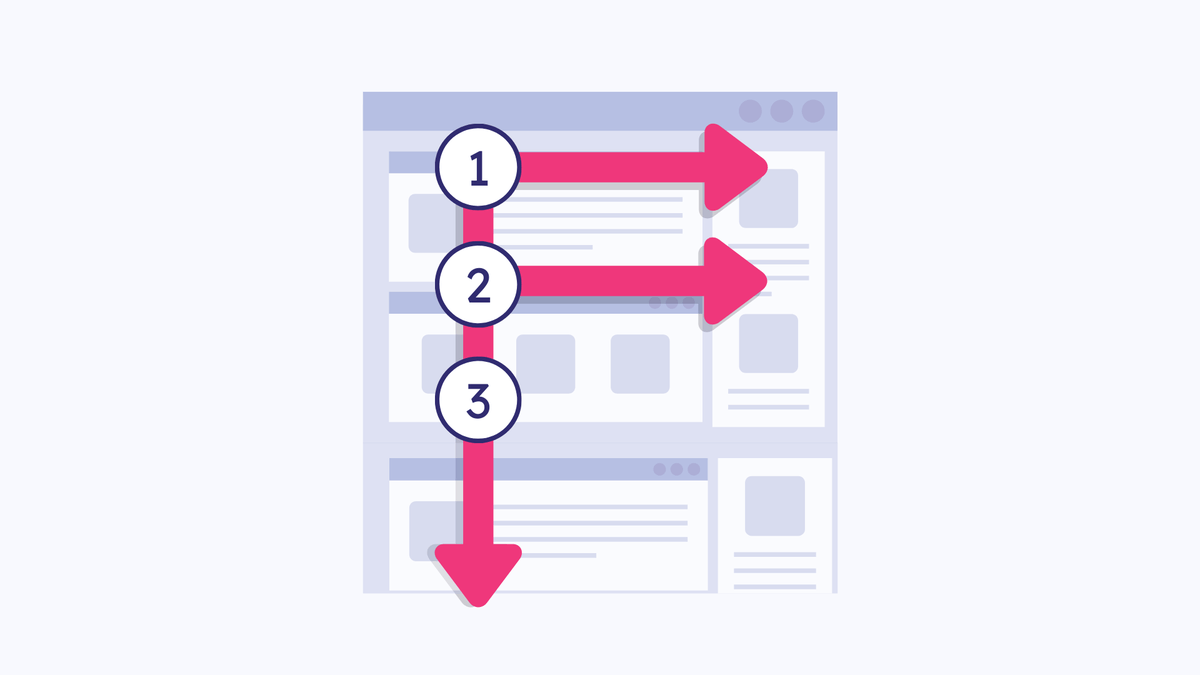
So, by formatting your content in an F-pattern, you can increase readability without doing much.
Don't start from scratch if you’re unsure how to structure your newsletter. Pick any pre-made template your newsletter automation platform provides and customize it.
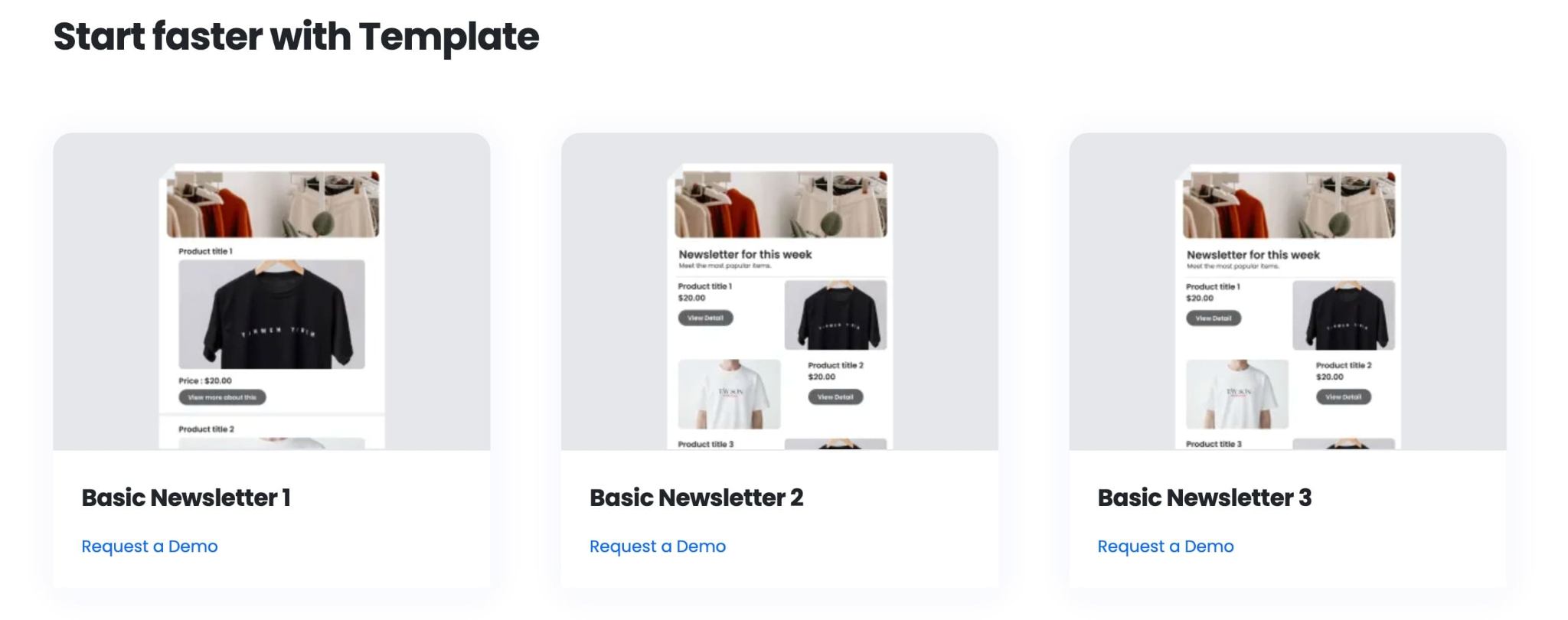
Always confirm that your newsletter is optimized for mobile friendliness — almost half the world’s population reads emails on mobile, so don’t ignore them.
Test, analyze, and repeat — the key to crafting engaging newsletters
The more you know about your audience, the better newsletters you create and the higher engagement you get. And the key to understanding your audience is in testing.
Test everything — from subject lines to newsletter content to images. Create multiple versions and see which performs better. Test again to confirm, and that’s how you’ll increase engagement in your newsletters.
But to create many variations, you need a reliable newsletter automation platform that lets you automate tedious tasks. Waveon is perfect for testing and analyzing. It makes an entire newsletter using a product link only without you having to do structuring, planning, and crafting. Schedule a Waveon demo today >>













